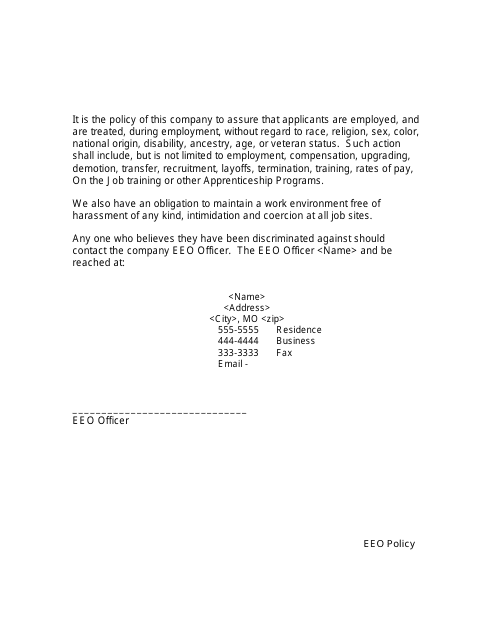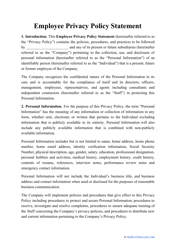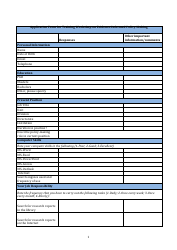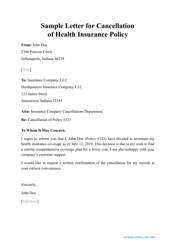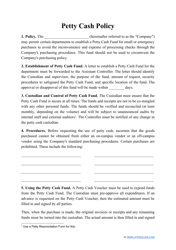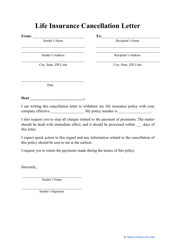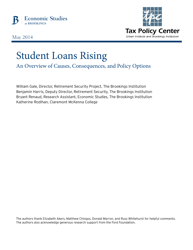EEO Policy Form
The EEO Policy Form is used by employers to outline their commitment to equal employment opportunity and non-discrimination in the workplace. It helps organizations communicate their policies and procedures for promoting a diverse and inclusive work environment, and complying with laws that prohibit discrimination based on factors such as race, color, religion, sex, national origin, age, and disability.
The EEO Policy Form is typically filed by the employer or company.
FAQ
Q: What is an EEO policy?
A: An EEO policy is a policy that promotes equal employment opportunities without discrimination.
Q: What does EEO stand for?
A: EEO stands for Equal Employment Opportunity.
Q: Why is an EEO policy important?
A: An EEO policy promotes fairness, diversity, and prohibits discrimination in the workplace.
Q: What does an EEO policy include?
A: An EEO policy includes a statement promoting equal opportunity, guidelines for handling complaints, and information on protected categories.
Q: Who is responsible for enforcing EEO policies?
A: The Equal Employment Opportunity Commission (EEOC) is responsible for enforcing EEO policies.
Q: What is considered discrimination under an EEO policy?
A: Discrimination under an EEO policy includes treating someone unfavorably due to their race, color, religion, sex, national origin, age, or disability.
Q: Can an employer be sued for violating an EEO policy?
A: Yes, an employer can be sued for violating an EEO policy. Employees have the right to file a complaint with the EEOC.
Q: Are all employers required to have an EEO policy?
A: Not all employers are required to have an EEO policy, but it is recommended for creating a fair and inclusive work environment.
